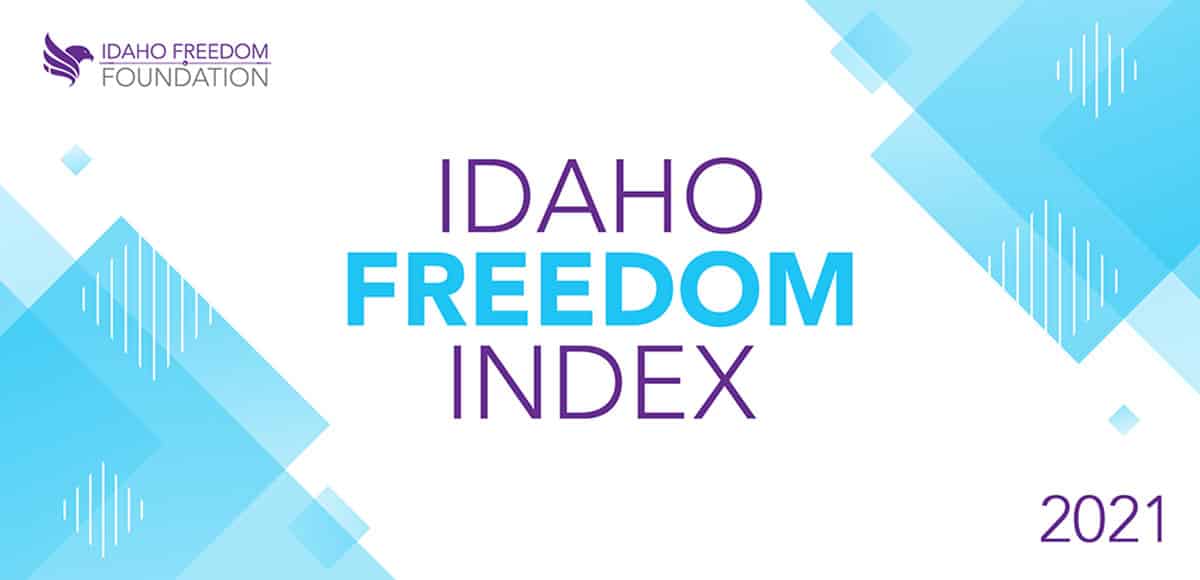


Bill Description: House Bill 377 bans public institutions of higher education and K-12 schools from compelling students to adopt or affirm the divisive tenets of Critical Race Theory, a tool used aggressively by social justice ideologues to maintain power over our schools, workplaces and daily lives. The bill prevents all public education institutions from expending money to compel students to affirm or adopt the tenets of Critical Race Theory.
Rating: 0
Does it in any way restrict public access to information related to government activity or otherwise compromise government transparency or accountability? Conversely, does it increase public access to information related to government activity or increase government transparency or accountability?
House Bill 377 states no public monies can be used by the state board of education, public K-12 schools or universities to compel students to affirm or adopt the tenets of Critical Race Theory. Faculty members, teachers and professors or guest lecturers at public schools and universities, however, can still give credence to divisive ideas or put them forth as the truth. For example, a professor could still teach that enslaving white people would be a positive social good and then test students on their understanding of that idea.
The bill does nothing to protect faculty members, professors or teachers. Under House Bill 377, faculty members, teachers and professors could still be forced to undergo anti-racism or culturally responsive training if they wish to serve on search committees or even obtain or keep a job. When educators are trained to be activists, the classroom becomes inherently political and one-sided. Additionally, the bill imposes no consequences on public universities and schools that violate section 33-138 of the bill by compelling students to affirm Critical Race Theory. Such consequences could be holding back funds, recognizing a cause for unemployment, or other disciplinary action. Therefore this bill does not provide sufficient accountability for public schools and universities.
-1
Does it violate the spirit or the letter of either the United State Constitution or the Idaho Constitution? Conversely, does it restore or uphold the protections guaranteed in US Constitution or the Idaho Constitution?
House Bill 377 upholds Article IX Section V and VI of the Idaho Constitution, which states, “No school district, or other public corporation, shall ever make any appropriation or pay from any public fund or moneys whatever, anything in aid of any … sectarian … purpose” and “no sectarian … doctrines shall be taught in the public schools, nor shall any distinction or classification of pupils be made on account of race or color.” The bill prohibits public schools and universities from compelling students to affirm tenets of Critical Race Theory, which include discrimination based on a person’s race, sex, ethinicity, religion, color, or national origin.
The bill also upholds the establishment clause of the First Amendment by protecting students’ freedom of conscience, particularly with regard to spiritual belief and freedom of speech, such that the state cannot compel nor restrict speech. For many people, Critical Race Theory training and educational programs violate both freedom of conscience and freedom of speech. Their freedom of speech is violated by being compelled to admit to complicity in racism and sexism that are unlikely to be true. Critical Race Theory trainings and programs in public institutions also violate freedom of conscience by compelling individuals to support anti-sexism and anti-racism, a view which argues that racism is a white problem or sexism is a male problem.
+1


